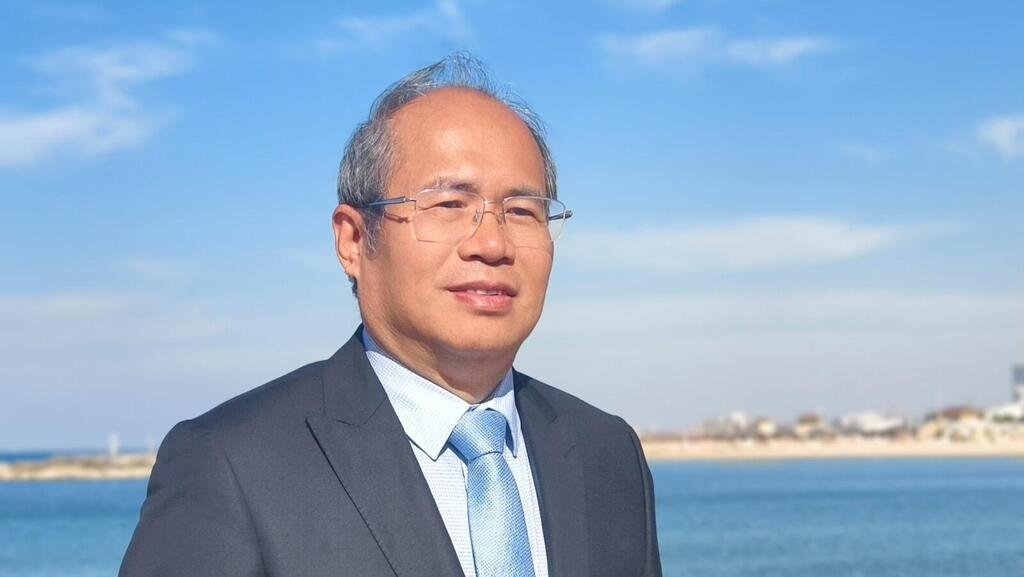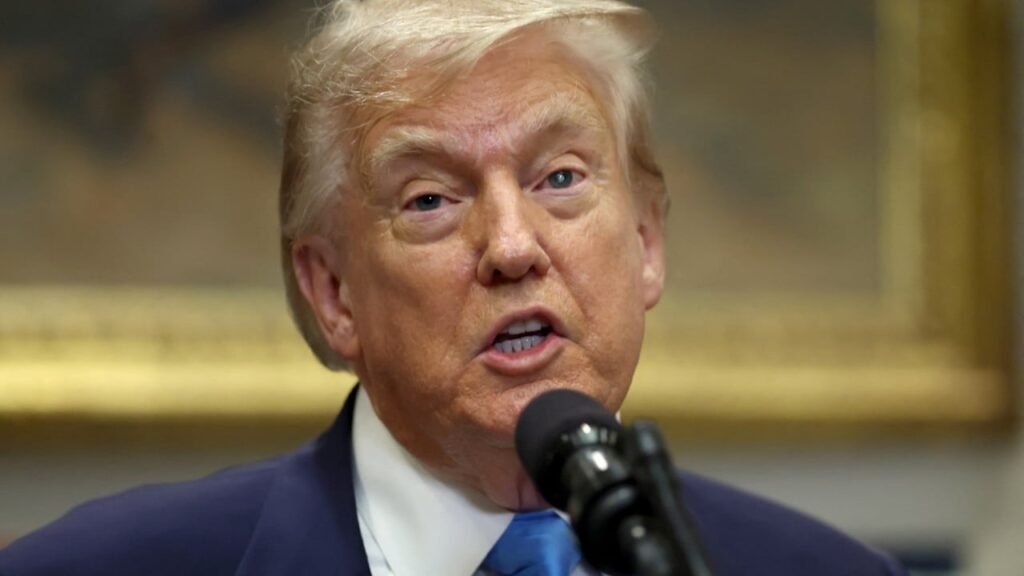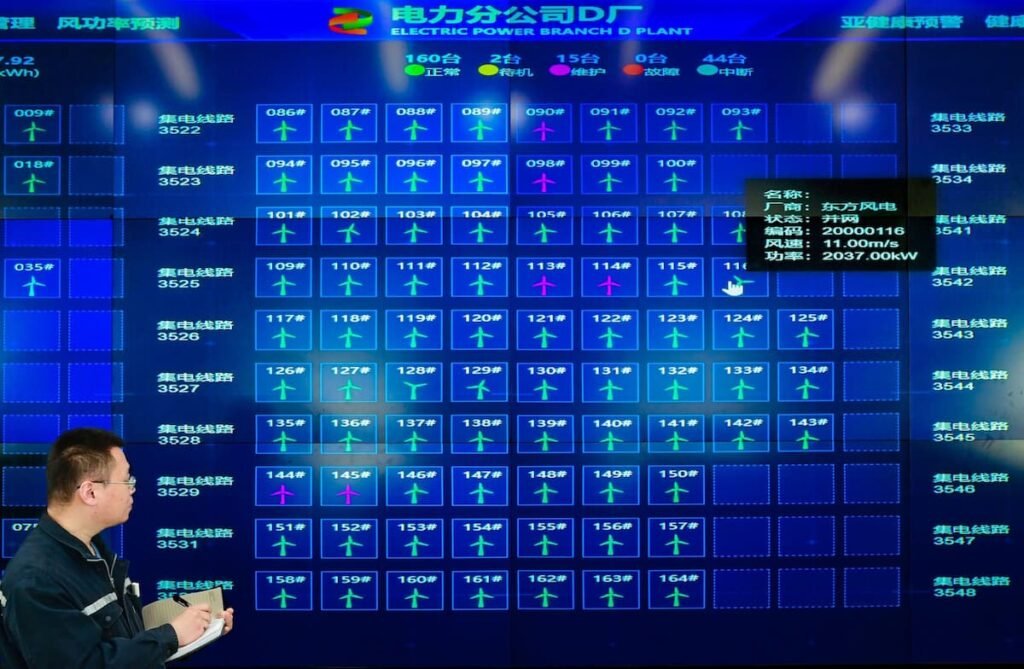
Netflix may be staring at a huge problem, and it is China. Chinese streaming giants are reportedly quickly gaining ground on their American rivals in the booming Southeast Asian market. According to a report in Nikkei Asia, companies like iQiyi and Tencent are making major plays, shifting their focus to producing original content tailored for local audiences. Referred to as “China’s Netflix,” iQiyi, a subsidiary of Baidu, has been expanding across Southeast Asia since 2019, with a strong presence in Thailand, Indonesia, and Malaysia. The company has attracted 36 million monthly subscribers in the region by offering a mix of free ad-supported viewing and affordable subscription fees. In Thailand, iQiyi’s library features over 9,000 titles, with more than 60% being Chinese productions.iQiyi hosts a plethora of content from Chinese period dramas to blockbuster Hollywood films. Moving forward, iQiyi is investing heavily in local content, says the report. The company plans to spend up to 1.54 million dollars ($1.54 million) per production and release four to six Thai titles annually, specifically targeting popular genres like “boys’ love” and “girls’ love” dramas. In Indonesia and Malaysia, iQiyi is partnering with local studios and carriers like Telkomsel to produce original content for the carrier’s 170 million subscribers. iQiyi vies with Tencent Holdings and Alibaba Group Holding Ltd to rank among the biggest video-streaming platforms in China, with an estimated 400 million-plus monthly active users.
Tencent’s approach: WeTV and original productions
Tencent launched its WeTV service in Southeast Asia in 2019 and is also prioritizing original content. Since 2024, the company has been producing local idol programs, which has led to the formation of successful groups like the seven-member boy band NexT1de.
iQiyi to open theme park
Earlier this year, iQiyi said that it plans to open its first theme park this year, based on characters from its own shows. The forthcoming “iQiyi Land” is set to open in the city of Yangzhou in Jiangsu province, just over two hours from Shanghai by high-speed train.
iQiyi’s market share and regional dominance
While U.S. services like Netflix and Amazon Prime Video entered the region around 2016 and hold a dominant share in some areas—nearly 60% in Singapore—Chinese companies are rapidly closing the gap. In Thailand, Chinese providers command about 40% of the market, surpassing the roughly 30% held by U.S. services. This is partly attributed to the large ethnic Chinese population in Southeast Asia and the popularity of Chinese content.The fierce competition in the domestic Chinese market is also a driving factor for this expansion. With domestic revenue and profits falling, Southeast Asia’s young population and rising incomes present a significant growth opportunity. The region’s streaming market is projected to reach 6.8 billion dollars by 2030, a 49% increase from 2024.







![[News] NVIDIA May Raise H20 Prices to Shield Profits but Confronts China’s Domestic Chip Push](https://koala-by.com/wp-content/uploads/2025/08/NVIDIA-Jensen-Huang-2-624x430.jpg)
